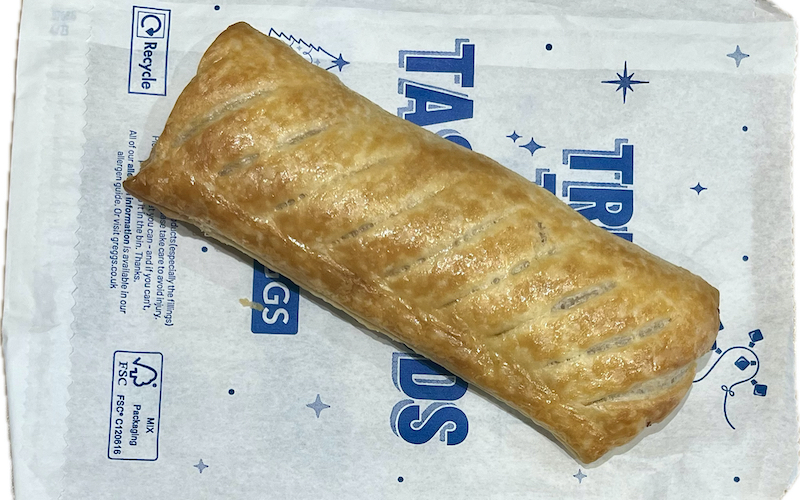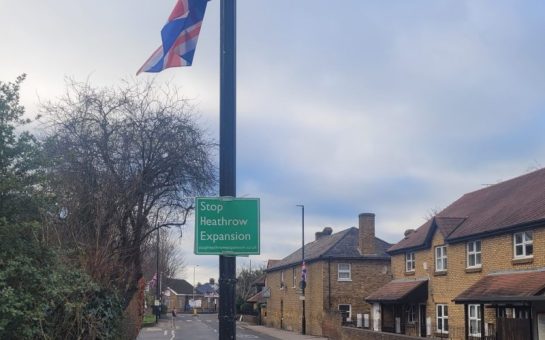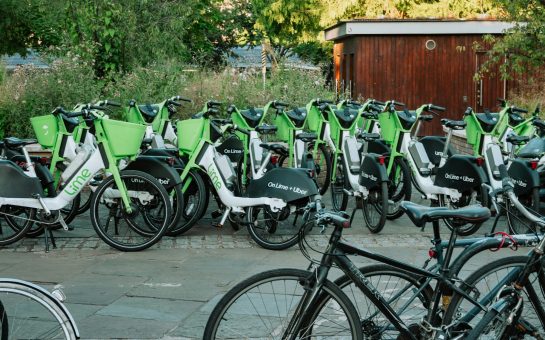Hopeful homeowners would need to forgo purchasing more than 40,000 sausage rolls in order to afford a deposit in London’s cheapest borough, data finds.
The Myth
Chairman of the NatWest Group Howard Davies came under fire earlier this month for his statements that he doesn’t believe younger generations’ complaints about the inaccessibility of the property market, especially in cities like London, where soaring rent prices and cost of living have left many unable to save large amounts of money for a housing deposit.
His comments echoed the mindset of many older homeowners, with studies finding that more than half of the Baby Boomer generation polled tend to agree or strongly agree with the statement “A key reason more young adults today cannot afford to buy their own home is they spend too much of their income on things like takeaway coffees and food, mobile phones, subscription services like Netflix and holidays abroad”.
Finance expert Georgia Galloway at Finbri said: “It can be easier to place blame on spending habits that they consider frivolous, rather than recognising things like wage inequality, rising housing costs, and financial decisions made by previous generations that make it harder for younger people to afford to buy property.”
Yet data from the Land Registry shows that affording London housing would require cutting spending on small purchases such as sausage rolls, lattes, or pizzas in the multitude of thousands to make a significant difference.
The Reality
Assuming that an aspiring homeowner would want to save up a 15% deposit for property in Barking and Dagenham, London’s cheapest borough in terms of housing prices, they would have to forgo purchasing 43,202 Greggs sausage rolls, 15,430 Starbucks caffe lattes, or 2594 large Dominos pizzas to save the required £51,842.
In Kensington and Chelsea, London’s most expensive borough in terms of housing prices, a 15% deposit of £180,458 would be equivalent to 150,382 sausage rolls, 53,708 lattes, or 9,028 pizzas.
Dr. Michael Harrison, Senior Lecturer in Economics and Finance at the University of East London, said of the figures: “Younger people do seem to have a stronger present bias for spending compared to the older generations.
“Classic economic theory explains this. Where real interest rates (what the bank pays less inflation) are negative, there is no logic to saving because the value of a pound saved decreases over time.
“Real interest rates have been negative since 2008, so someone who is 30 today, has never seen a good deal from a savings account in their adult life.”
Additionally, he pointed out that younger people have less disposable income than their older peers did at the same age, especially those who currently rent in London.
These factors make it more difficult to save for property deposits, especially by following the much-touted but clearly ineffective advice of sacrificing daily coffee or snack purchases.
So what are the chances a young person today will be able to get on the London property ladder without significant help from family members, and what are the most effective ways to start saving?
The Solutions
“It’s certainly not impossible that young people will get on the London property ladder without financial help, but the chances are, unfortunately, low,” said Galloway.
“While the average wage is higher in London than the rest of the country, it still isn’t keeping up with soaring costs of living, and makes it extremely difficult to be able to save to buy, especially if you’re currently renting.”
Harrison added: “Some might argue that London property prices are a bubble which will one day burst, but I’m not so sure.
“So long as demand is high and young people are increasingly finding work in cities, this seems to be an overheated market.”
In terms of saving tips, both experts emphasised the importance of choosing a savings account which pays higher rates of interest, in order to reduce the eroding effect of inflation on savings.
Galloway specifically mentioned opening a Lifetime ISA, which grants a 25% bonus to the account owner’s savings from the government up to a value of £1000 a year, but raised the caveat that a Lifetime ISA can only be used if the property costs £450,000 or less, which can be difficult when aiming to buy in London.
Harrison additionally advised young people to consider buying outside of London.
“Young people in London’s best chance of owning a home is to rent in London and buy something much further away to provide for themselves in later life,” he said.
“It is concerning what proportion may still be renters as they reach retirement age, and how this will affect their financial stability in later life.”
Despite the worrying reality of the London housing market and cost of living for young people, the experts did still advise to save small amounts where possible, using automatic savings and round-up accounts to boost your savings without really noticing, and to add larger amounts as and when it is possible.





